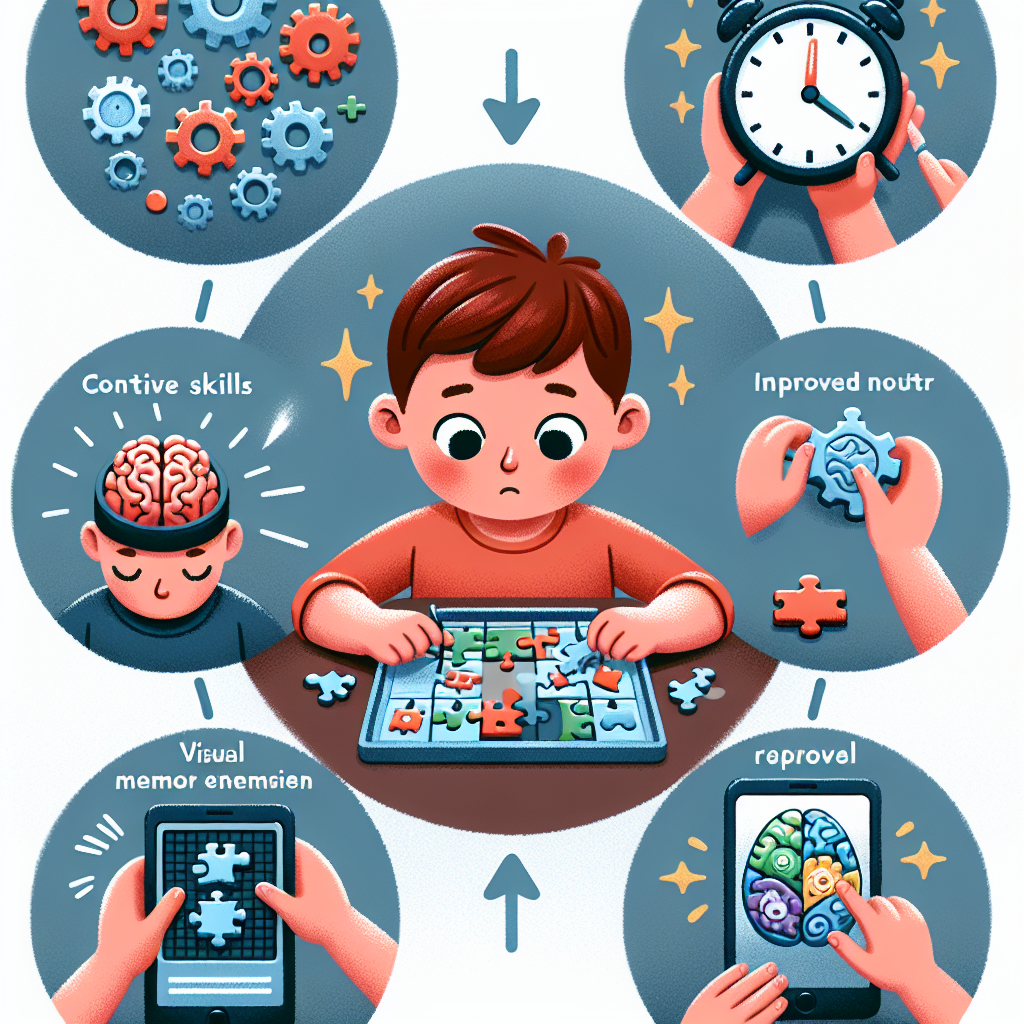5 Benefits of Puzzle Game for Kids
Puzzle games are not only a source of amusement for children, but also a complex method of developing their skills. If you are looking for educational and fun activities for your little one, then puzzles may be the answer. In this article, we will explore together the five key benefits of these addictive games.
Fine Motor Development
Puzzles are great for improving a child's hand-eye coordination. By manipulating small pieces, children learn to coordinate fine finger movements with what they see. This is crucial in the early stages of development, when children begin to write or draw. The movements required to fit the pieces of a puzzle strengthen the muscles of the hands and fingers, which will help them later in more complex activities.
Stimulation of Cognitive Development
Puzzles are real challenges for a child's developing mind. They encourage logical thinking, improve memory and ability to concentrate. Children learn to recognize shapes, colors and solve problems – all contributing to intellectual development. Puzzles can also introduce basic math and science concepts such as classifying and ordering objects.
Improving Social Skills
Puzzles are often group activities, encouraging collaboration and teamwork. Children learn to share their pieces, take turns and work together to achieve a common goal. This is an important social skill that children will use in all aspects of life, from playground games to group situations at school and into adulthood.
Enhancing Language Development
Through puzzles, children have the opportunity to enrich their vocabulary. Often, while building their puzzle, children will talk about what they are doing, describe the pieces or the picture they are putting back together. This type of self-directed or partnered dialogue improves language skills and can introduce new words to the child's vocabulary.
Increasing Confidence and Autonomy
Successfully completing a puzzle provides great satisfaction and boosts self-esteem. Children become more confident in their abilities and are more willing to face new challenges. They also learn about patience and determination, two essential qualities for any difficult task. Autonomy develops as children realize they can solve problems and complete tasks without the constant help of adults.
Conclusion
Puzzles are more than just fun times; they are valuable learning tools that provide a number of benefits for child development. Whether we are talking about fine motor development, stimulating cognitive thinking, enriching social life, improving language or increasing self-confidence, puzzles play an essential role in the growth and education of our little ones. So, the next time you want to give your child an educational and fun activity, don't hesitate to include puzzle games in your arsenal - the benefits will be felt in the long run. Choose the right puzzle for your child's age and interests and you will see how they develop in a pleasant and constructive way.














































































































































